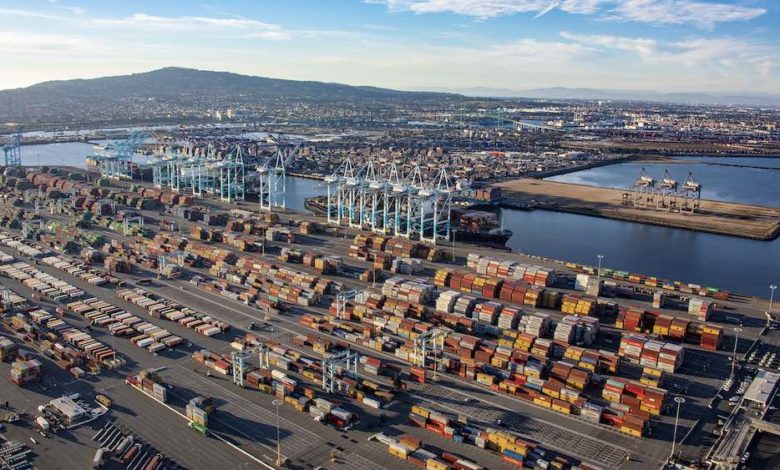White House readies supply chain disruptions task force

A report issued this week by the White House, Building Resilient Supply Chains, Revitalizing American Manufacturing, and Fostering Broad-Based Growth, recommends strengthening international trade rules and trade-enforcement mechanisms; working with allies and partners to decrease vulnerabilities in global supply chains; and monitoring near term supply chain disruptions through the creation of a Supply Chain Disruptions Task Force.
The new task force would provide an “all-of-government response to address near-term supply chain challenges to the economic recovery,” focusing on “areas where a mismatch between supply and demand has been noted over the past several months,” including transportation. Led by the Secretaries of Commerce, Transportation and Agriculture, the task force would bring together stakeholders “to diagnose problems and surface solutions – large and small, public or private – that could help alleviate bottlenecks and supply constraints.”
The reshoring of manufacturing in the US is seen as a solution to many of the challenges the nation faces
Primarily a review of the supply chains of four key products – semiconductor manufacturing and advanced packaging, large capacity batteries, critical minerals and materials, and pharmaceuticals and active pharmaceutical ingredients – the report suggests that a new approach is required to create resilient supply chains. Instead of prioritising efficiency and low costs, the report urges that security, sustainability and resilience become the driving factors in supply chain decision making in order to revitalise the US manufacturing base and secure global supply chains.
Stating that, “in recent months, the strong U.S. economic rebound and shifting demand patterns have strained supply chains … and increased strain on U.S. transportation and shipping networks,” the report acknowledges the issues faced by shippers in the current environment of high costs, severe delays and product shortages.
In addition to creating more-resilient supply chains, the report heavily promotes the reshoring of manufacturing in the US as a solution to many of the challenges the country faces.
